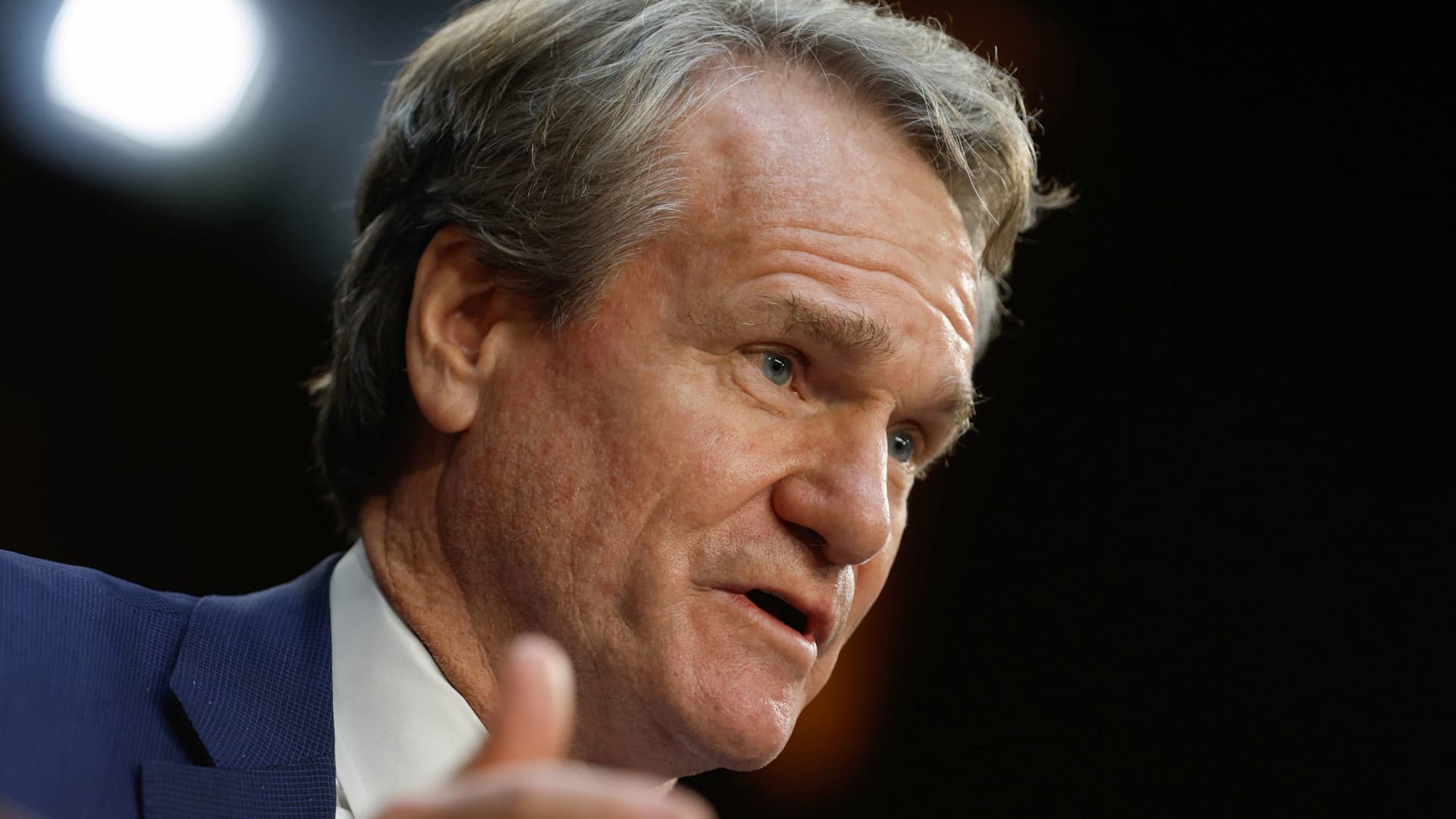
As a sector financials underperformed the S & P 500 in 2023, but that statistic disguises a significant late year rally in the group. Since bottoming in late October 2023, the “money center” banks reporting this week have outperformed the S & P 500 by an average of nearly 15%. Can this outperformance continue? As always the names indicated in green are stocks we hold, so it seems we believe they can. Why? By some metrics this group remains quite cheap relatively. The average price-earnings ratio for Bank of America, Wells Fargo, JPMorgan Chase and Citigroup is just 10.3, less than half the S & P 500 overall. As a group they are also trading at 1.1 times price-to-book, although the spread between the cheapest — Citigroup at 0.52 times — and the most expensive — JPMorgan at 1.7 times — is quite high, the valuation of the latter reflecting the Street consensus that it is the best run of the money center banks. The economy appears to be withstanding the Federal Reserve rate hikes better than many had predicted. Most economic data, particularly employment data, indicates that they may have achieved a soft-landing, rather than a recession as many feared. Additionally the big banks are less exposed to the commercial real estate sector relatively, an area that continues to face significant pressure, than the regional banks which performed abysmally in 2023. Still, the commercial real-estate tumult is likely to persist for some time. Another, arguably larger concern for the big banks responsible for keeping valuations relatively cheap is capital requirements. Expectations are that banking regulators may increase capital requirements quite considerably with some estimates putting the number at as much as 19%. Proposed changes are likely to be announced later this year. Upside with limited risk Notice that the earnings related implied move in the table indicates modest volatility expectations around earnings. Investors interested in participating in further upside in financials, but concerned about chasing after such significant runs since late October can get upside participation with limited risk if the sharp moves we’ve seen continue. Bank of America took on more duration risk than competitors, and consequently its assets took more of a hit as interest rates rose. The bank’s investment/trading business is much more modest than JPMorgan however it did beat forecasts and the bank’s net interest margin guidance is a positive. Of course one could own the stock as we do, or if seeking to play the momentum in the sector through earnings with limited risk, purchase a March $35/$38 call spread as illustrated below. The trade: Sold March $38 call for 40 cents Bought March $35 call for $1.30 Wells Fargo suffered from the cross-selling scandal identified a couple years ago where they opened accounts without the knowledge or consent of its clients. The company faced some big fines, a severe public-relation black eye, and a growth cap imposed by the Fed. We believe that the biggest impacts, and some material management and policy changes are helping the bank put these misdeeds in the rearview. Here’s an example of a similar call spread structure for Wells. The trade: Bought March $50 call for $2.15 Sold March $55 call for 55 cents DISCLOSURES: (Long Bank of America, Wells Fargo, JPMorgan Chase and Citigroup) THE ABOVE CONTENT IS SUBJECT TO OUR TERMS AND CONDITIONS AND PRIVACY POLICY . THIS CONTENT IS PROVIDED FOR INFORMATIONAL PURPOSES ONLY AND DOES NOT CONSITUTE FINANCIAL, INVESTMENT, TAX OR LEGAL ADVICE OR A RECOMMENDATION TO BUY ANY SECURITY OR OTHER FINANCIAL ASSET. THE CONTENT IS GENERAL IN NATURE AND DOES NOT REFLECT ANY INDIVIDUAL’S UNIQUE PERSONAL CIRCUMSTANCES. THE ABOVE CONTENT MIGHT NOT BE SUITABLE FOR YOUR PARTICULAR CIRCUMSTANCES. BEFORE MAKING ANY FINANCIAL DECISIONS, YOU SHOULD STRONGLY CONSIDER SEEKING ADVICE FROM YOUR OWN FINANCIAL OR INVESTMENT ADVISOR. Click here for the full disclaimer.
